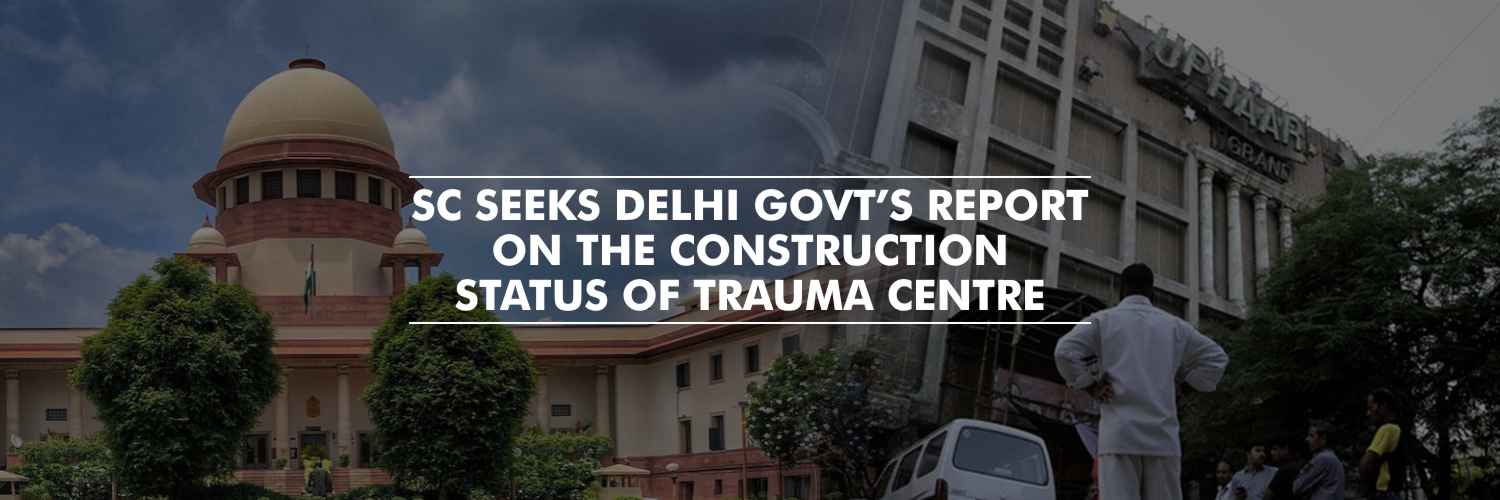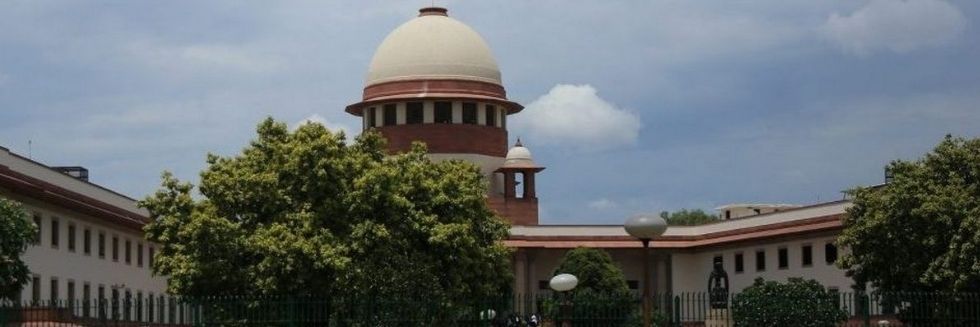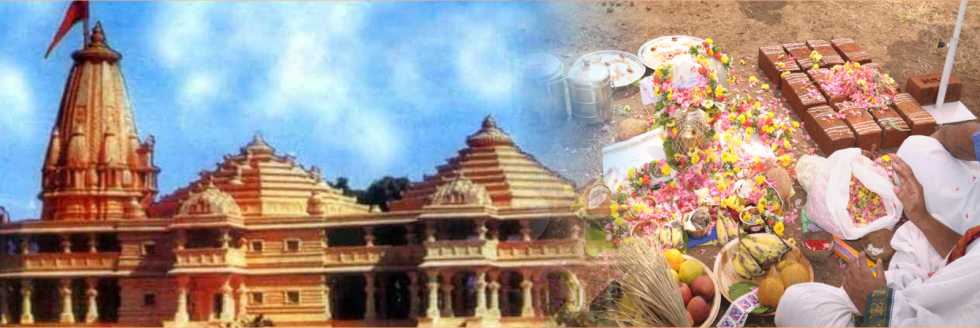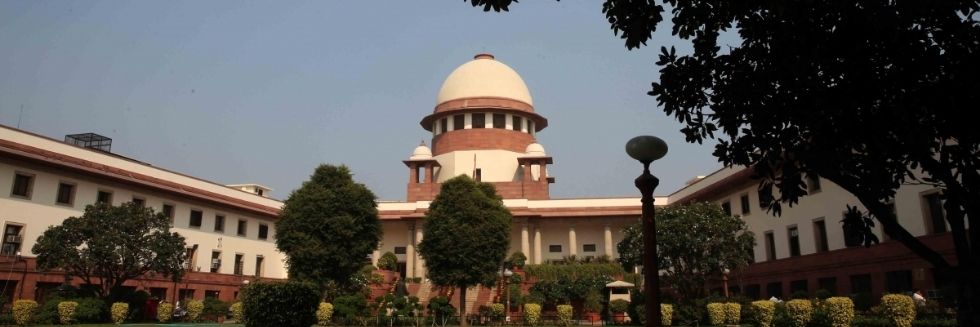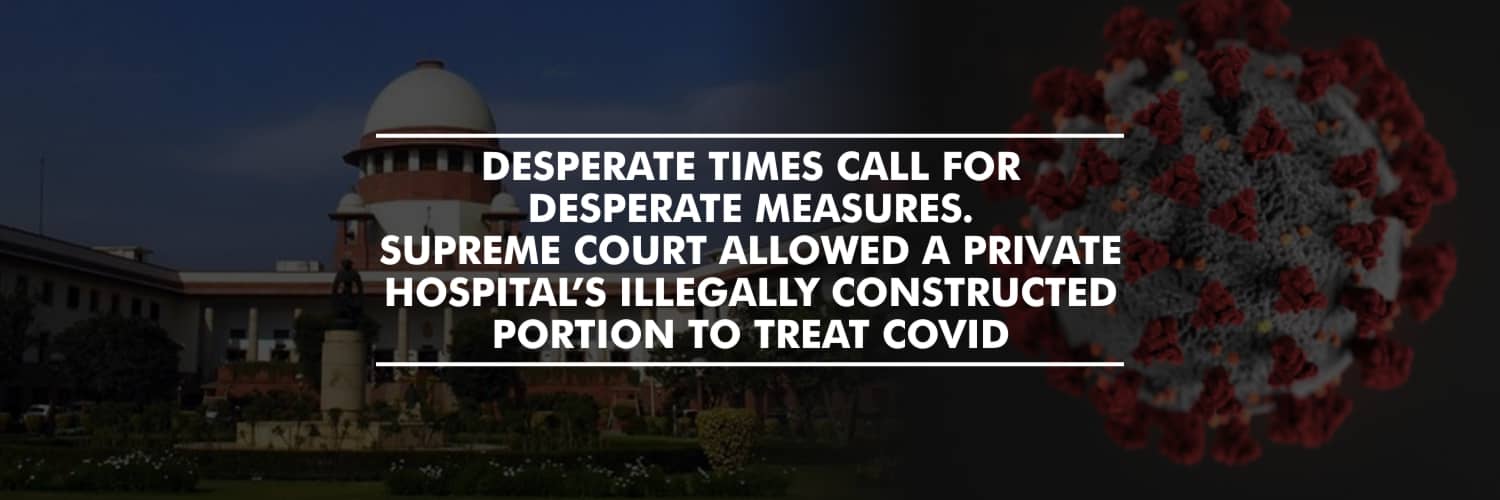Supreme Court on Friday has asked the Delhi government about the progress in the construction of trauma centre in Dwarka which is to be built with the Rs 60,000 fine deposited by Ansal brothers in the Uphar Cinema tragedy case. The construction orders were given five years back by the apex court.
While scrutinizing the Delhi government’s preparedness towards containing the pandemic COVID-19, a three-judge bench comprising of Justices Ashok Bhushan, Sanjay Kishan Kaul, and M R Shah questioned the Delhi government about what happened to Rs 60 crore for trauma centre and why it is not utilized.
The apex court told that the Safdarjung’s hospital Trauma Centre is doing a good job in handling the COVID patients but wanted to know the progress status of another Trauma Centre which was directed to be constructed under top court’s 2014 order. The bench further added, ” the existing Trauma Centre has done well during the pandemic. What has happened to the new one? Money deposited with the Delhi government should not lie idle. If it is not utilized, then someone should be held accountable.”
In 2014, the apex court has asked the real estate barons Sushil Ansal and Gopal Ansal to deposit a fine of Rs 100 crore to offset the imprisonment and has directed the Delhi government to allot a 5 acre of land for a new trauma centre which is to be built from this exemplary cost.
Later, considering the plea of Ansal brothers, SC had reduced the fine to Rs 60,000 crore in 2015. The apex court had stated that the Ansal brother would be constructing the trauma centre under the supervision of a special committee including AVUT, Safdarjung hospital superintendent, and Secretary-General of SC.
Supreme Court bench also came down heavily on the Arvind Kejriwal led Delhi government for filing an affidavit to portray that everything is fine in the state.
The bench stated, “the affidavit tries to give an impression to the court that everything in the government hospital in NCT, Delhi is well and all steps are being taken by the government of NCT of Delhi. When the government does not endeavor to know any shortcomings or lapses in its hospitals and patient care, the chances of remedial action and improvement becomes dim. Every organization, every individual should be more than ready to know about shortcomings, lapses and it is only after knowing one’s shortcomings and deficiencies, remedial actions can be taken.
